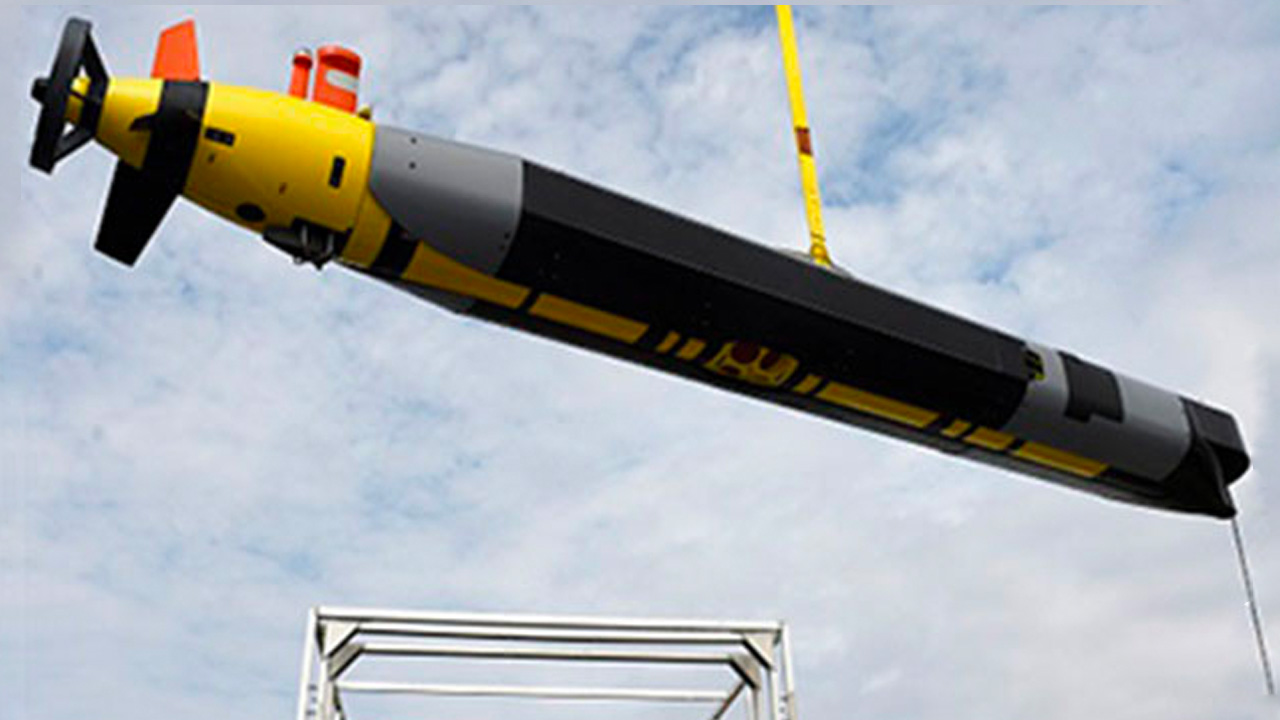Charles River Analytics Inc., developer of intelligent systems solutions, partnered with the University of Southern California, Harvard University, the University of Birmingham, and Metron to develop Probabilistic Representation of Intent Commitments to Ensure Software Survival (PRINCESS). Under DARPA’s BRASS program, PRINCESS incorporates new advances in machine learning and probabilistic modeling to help build adaptable software systems that can understand, learn, and adapt to changes. We grounded our research in unmanned underwater vehicle (UUV) platforms, which must quickly acclimate to new missions.
“With PRINCESS, we developed a general-purpose method to take a non-adaptive software system and synthesize an adaptive system from it using program transformation,” said Dr. Avi Pfeffer, Chief Scientist at Charles River Analytics. “We then learned how the system should adapt optimally to different situations, which we demonstrated with the navigation and path-planning software of a UUV.”
In ongoing research, we are generalizing our methods to apply to other software systems. For example, our control adaptation uses general techniques of program transformation and machine learning, which can be applied to a wide variety of systems in different programming languages. When software can organically adapt to its dynamic internal and external environments, its lifespan will increase, saving time and money for any system or platform.
Contact us to learn more about PRINCESS and our other Machine Learning and Unmanned Systems capabilities.
This material is based upon work supported by the United States Air Force and the Defense Advanced Research Projects Agency (DARPA) under Contract No. FA8750-16-C-0045. Any opinions, findings and conclusions or recommendations expressed in this material are those of the author(s) and do not necessarily reflect the views of the United States Air Force and DARPA.





